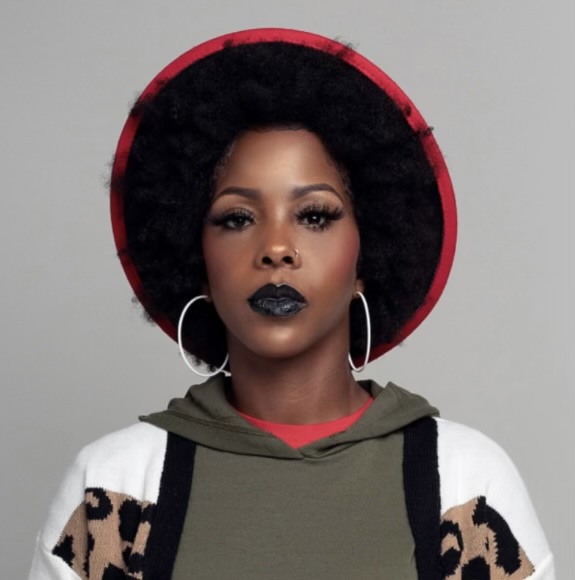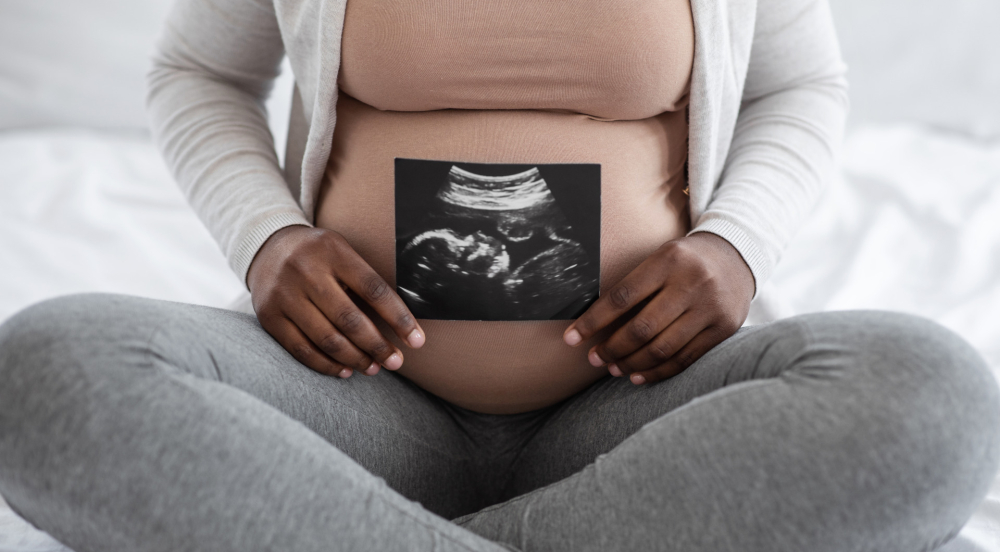Birth and pregnancy can be a dangerous and scary process for Black women in the United States. Expectant mothers in the Black community face medical bias and racism from doctors, a lack of access to medical resources and a higher maternal mortality rate than their White peers. Alarming CDC data shows that as recently as 2021, Black women were 2.6 times more likely to die as a result of pregnancy complications than their non-Black counterparts.
Activists and Black mothers around the country say that the time has come for this devastating trend to change. April is National Minority Health Month, with April 11-17, 2024, dedicated specifically to Black Maternal Health Week. The week-long awareness event is designed to put a spotlight on the dire state of Black maternal health care, advocating for reproductive rights and starting the conversation around solutions to eliminate the high rates of maternal mortality around the world.
In light of Black Maternal Health Week, mothers around the U.S. are using the opportunity to speak up about their own experiences and speak out against what they feel could be a political setback to the progress that has been made to protect Black mothers.
“Unfortunately I know firsthand how dangerous the maternal health experience can be for Black women in America. The current Black maternal health crisis calls for competent and reliable leadership–and that’s exactly what we have in Joe Biden and Kamala Harris,” says Kaitlyn Joshua, a mother from Louisiana.

For many, the potential return to power of former President Donald Trump represents a big obstacle to continuing to prioritize maternal healthcare for Black women. “There couldn’t be more of a difference between them and Donald Trump, who has continued to show Black women that he could care less about our health and well-being. Just this week he bragged about being responsible for overturning Roe v. Wade–he really believes that healthcare providers that provide us the lifesaving care we need should be jailed,” says Joshua.
Trump, who is a 2024 Republican presidential candidate, has already made his intentions clear when it comes to his attacks on reproductive rights. Black women who have navigated an often hostile and discriminatory medical environment are bringing attention to the danger of regressive policies and leaders on the horizon.
“Based on my own personal experience, I cannot overstate how dangerous Trump’s policies are for Black women’s maternal health,” says Nancy Davis. “This is a man who vowed to be a dictator on day one. A man who believes women should be punished for having an abortion and health care providers should be jailed.”

Looking toward the uncertain future of reproductive rights in the US can produce feelings of anxiety. For women worried about potential legislative repeals on reproductive rights in the wake of charged debates and protests, a politician’s words on the campaign trail speak just as loudly as their actions.
“Let’s not forget he also promised to repeal Obamacare which has been directly linked to reducing racial disparities in healthcare that negatively impact our community,” Davis says of Trump’s promise to get rid of the Affordable Care Act, started under former President Barack Obama, if he were elected to a second term in office.
The stakes of the upcoming election are high. While court battles targeting reproductive health continue to play out in each state, some women like Joshua feel that the outcome of a successful Trump campaign is obvious.
“There is no question that a Donald Trump presidency will put the lives of the Black woman even further at risk.”




